
The agency’s decision is based on results from the phase 1 RMC-6291-001 clinical trial evaluating elironrasib monotherapy in patients with solid tumors.

Your AI-Trained Oncology Knowledge Connection!


The agency’s decision is based on results from the phase 1 RMC-6291-001 clinical trial evaluating elironrasib monotherapy in patients with solid tumors.
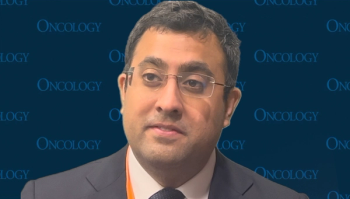
An ongoing phase 1 trial seeks to prove XmAb819 as an effective treatment and ENPP3 as a plausible target in patients with relapsed or refractory RCC.
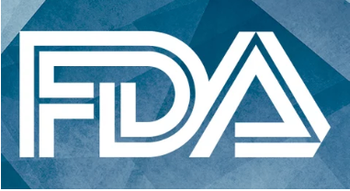
Ibrutinib tablets will become available at 140 mg, 280 mg, and 420 mg for patients with chronic lymphocytic leukemia and Waldenström macroglobulinemia.

Data from the phase 3 INAVO120 trial support the approval of inavolisib-based treatment for patients with PIK3CA+, ER+/HER2– disease in the EU.

ACRO's Accreditation Program has completed and passed its annual surveillance by the International Standards Organization.
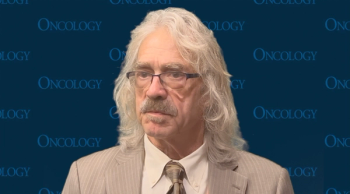
“The therapy is designed to prevent CAR T-cell inactivation and to restore the antitumor immunity of the white blood cells that have gotten through the tumor,” said Wayne A. Marasco, MD, PhD.

Support for the regulatory decision follows data from a phase 1/2a clinical trial assessing the agent in EGFR-mutant NSCLC at the 2025 ASCO Annual Meeting.

Results from the phase 3 TRIANGLE trial showed prolonged failure-free survival and overall survival with ibrutinib and CIT vs CIT plus ASCT alone.

Results from the AQUILA trial led to the approval of subcutaneous daratumumab for patients with smoldering multiple myeloma at risk of developing the disease.

Data from the phase 3 KEYNOTE-A18 trial support the approval of the pembrolizumab-based regimen for those with stage III to IVA cervical cancer in Canada.

Results from the phase 1b/2 FELIX trial demonstrated that obe-cel was efficacious and safe as therapy for relapsed/refractory B-cell precursor acute lymphoblastic leukemia.

Ongoing studies aim to combine base immunotherapy regimens with novel agents to potentially improve outcomes among patients with kidney cancer.
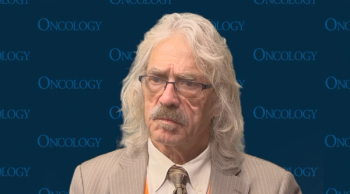
Investigators have found a way to reduce liver and biliary toxicity when targeting the molecule CAIX in patients with clear cell renal cell carcinoma.

The SCIB1/iSCIB1+ cancer vaccines plus nivolumab and ipilimumab improved responses vs nivolumab and ipilimumab alone in patients with melanoma.
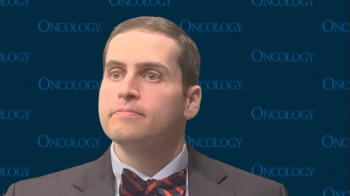
Neoantigen-targeting vaccines resulted in an absence of recurrence in 9 patients with high-risk kidney cancer, according to David A. Braun, MD, PhD.

The Kidney Cancer Research Consortium may allow collaborators to form more mechanistic and scientifically driven efforts in the field.
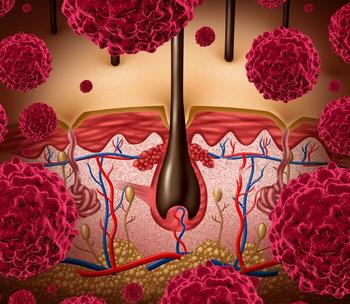
The FDA indicated that data from the phase 1/2 IGNYTE trial were not adequate to provide evidence of effectiveness.

Investigators will present updated findings from the phase 3 FLAURA2 trial at a future medical meeting.
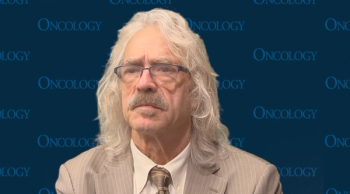
Wayne A. Marasco, MD, PhD, stated that by targeting 2 molecules instead of 1, higher levels of tumor cell killing can be achieved in patients with clear cell renal cell carcinoma.
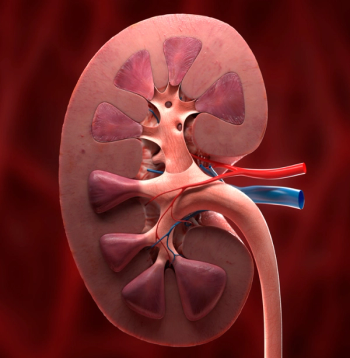
New research suggests high levels of CD163-positive tumor-associated macrophages may significantly improve nivolumab efficacy in metastatic RCC.

The new guidelines relied on trainees to bring new energy and ideas to advance the landscape of care for peritoneal surface malignancies.

Leading experts in the breast cancer field highlight the use of CDK4/6 inhibitors, antibody-drug conjugates, and other treatment modalities.

EU approval of the agent is based on results from the phase 2b ReNeu trial, which met its primary end point of confirmed objective response rate in NF1-PN.
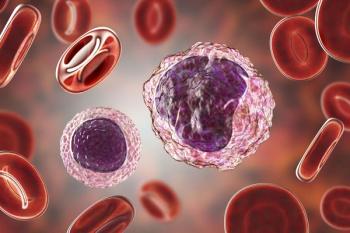
In lieu of an 8-1 ODAC ruling against the applicability of the phase 3 STARGLO results in US patients, a CRL has been issued for glofitamab in relapsed/refractory DLBCL.

Many patients reported social/financial vulnerabilities that possibly precluded them from transplant access outside of the phase 2 clinical trial.

Leading experts in the breast cancer field highlight the use of CDK4/6 inhibitors, antibody-drug conjugates, and other treatment modalities.
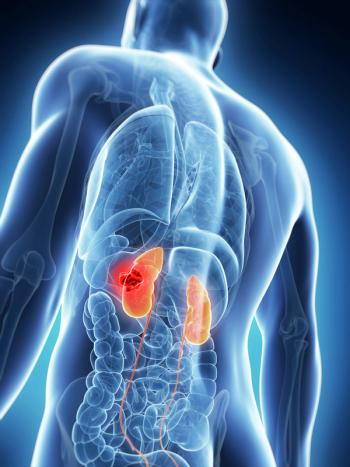
David A. Braun, MD, PhD, discusses how neoantigen vaccines are redefining RCC treatment, with the potential to activate potent, lasting T-cell activity.

Updated POSITIVE trial findings showed no significant breast cancer events in patients who breastfed following endocrine therapy for HR+ breast cancer.
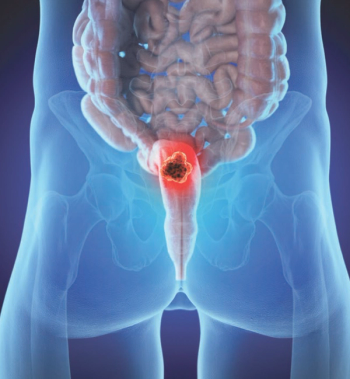
Short-course radiotherapy combined with sintilimab plus oxaliplatin-capecitabine yielded a pCR rate of 59.2% vs 32.7% with the control arm in locally advanced rectal cancer.

The Q-TWiST analysis from the LITESPARK-005 trial showed statistically significant improvement of belzutifan over everolimus in patients with clear cell RCC.